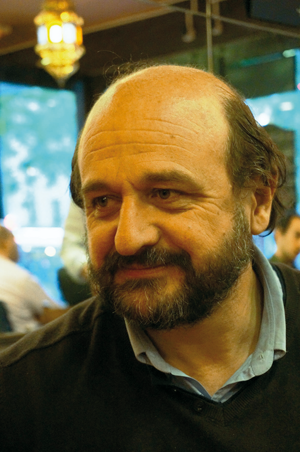01.06.2015
15 minutes of reading
Special issue COP21 - Low-Carbon Technologies
 The constant increase in greenhouse gas emissions is rapidly reducing humanity's leeway when it comes to tackling climate change. The last IPCC (Intergovernmental Panel on Climate Change) report indicates that to have any chance of limiting the increase in global mean temperature to under 2°C (compared to pre-industrial values), it will be necessary to cut emissions by between 40 and 70% by 2050, allowing by the end of the century, to counterbalance all remaining emissions by carbon capture and sequestration techniques. This will require truly huge efforts, the extent of which has probably not been adequately appreciated yet.
The constant increase in greenhouse gas emissions is rapidly reducing humanity's leeway when it comes to tackling climate change. The last IPCC (Intergovernmental Panel on Climate Change) report indicates that to have any chance of limiting the increase in global mean temperature to under 2°C (compared to pre-industrial values), it will be necessary to cut emissions by between 40 and 70% by 2050, allowing by the end of the century, to counterbalance all remaining emissions by carbon capture and sequestration techniques. This will require truly huge efforts, the extent of which has probably not been adequately appreciated yet.
Eliminating energy waste, which still remains significant, while simultaneously increasing the proportion of renewable energies, can help initiate a reduction in greenhouse gas emissions over the coming decades. But by the middle of the century, the easiest part of the job will have been done and any further progress of any significance will necessitate innovative energy solutions. Financial incentives related to carbon prices will not be sufficient to allow the emergence of new technologies and processes: substantial research work is also required and it needs to start right now.
Hervé Le Treut, Director of the Pierre-Simon Laplace Institute, Pierre et Marie Curie University, Member of the French Academy of Sciences
Summary:
- Advanced control of wind turbines
- Saving the environment by good driving
- H2: from energy vector to primary energy?
- Biofuels: what's new?
- Engine knock: self-ignition gets the LES treatment
- An industrial ecosystem optimization platform





